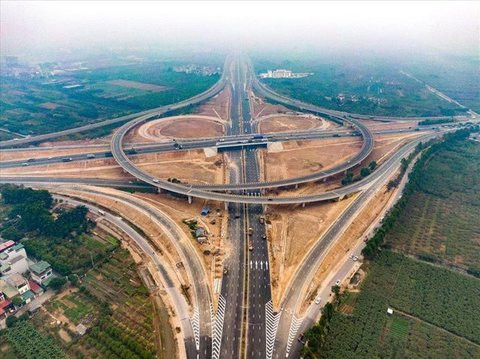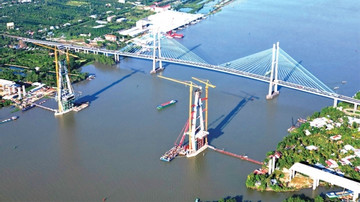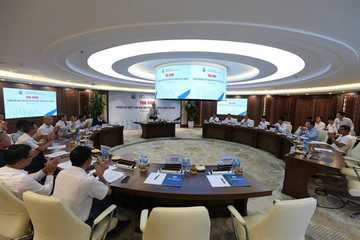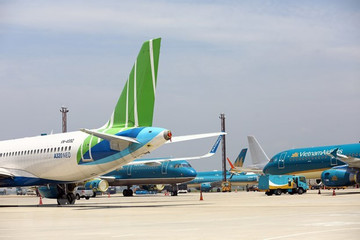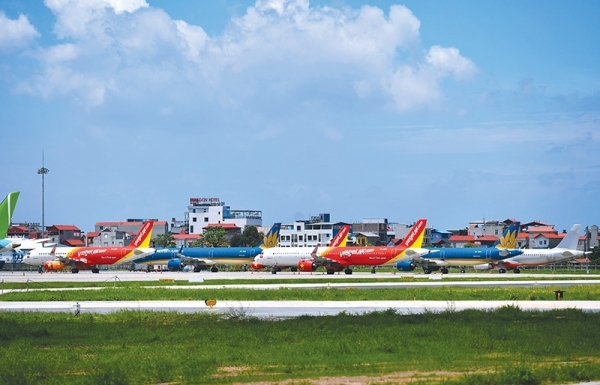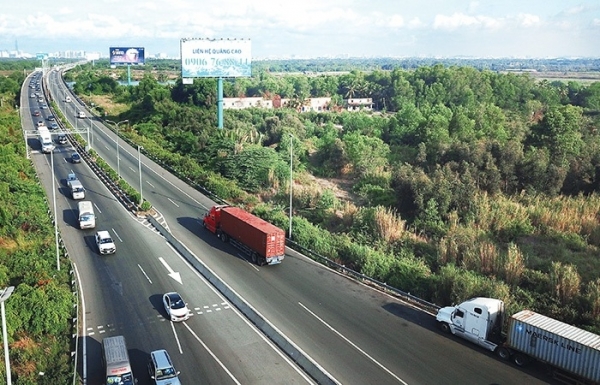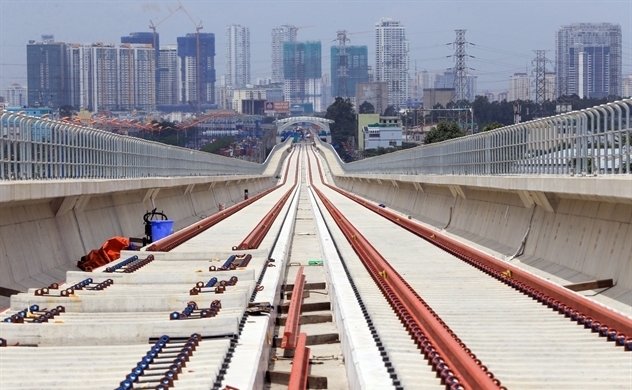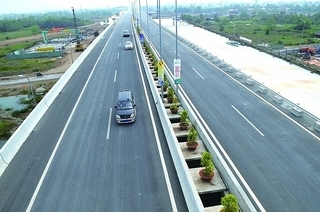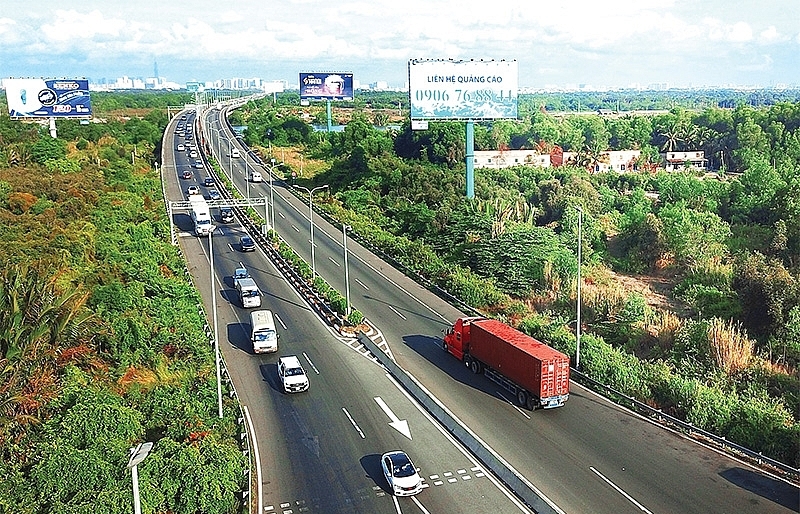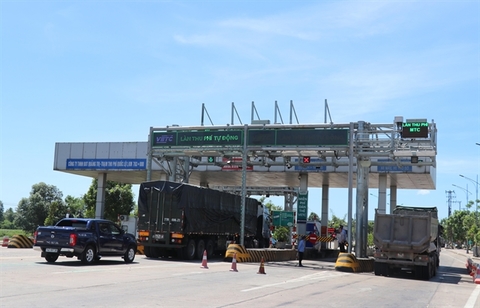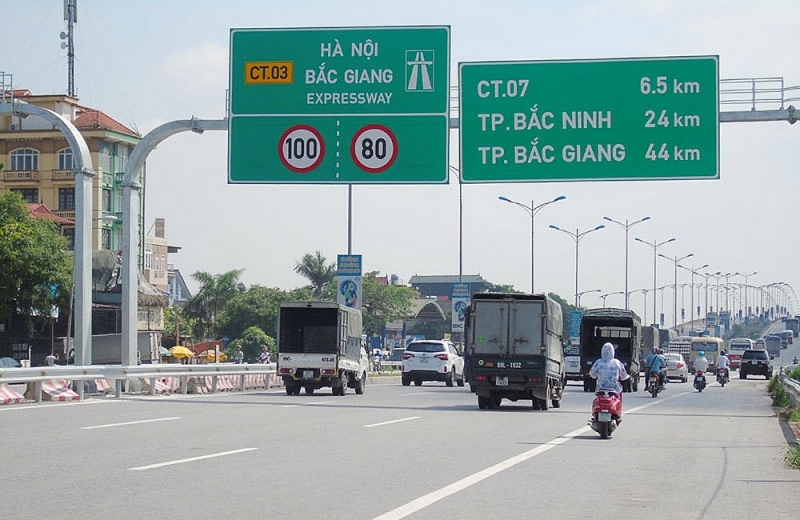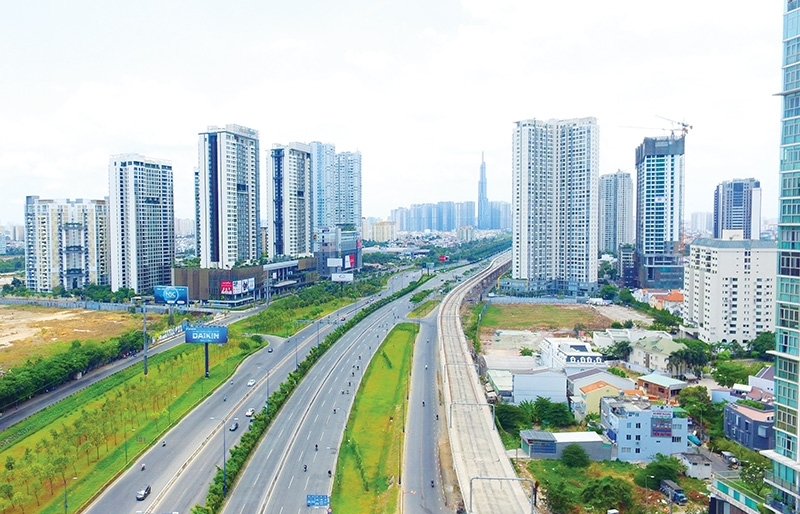- © Copyright of Vietnamnet Global.
- Tel: 024 3772 7988 Fax: (024) 37722734
- Email: [email protected]
PPP
Update news PPP
Ministry proposes higher cap for State's share in PPP projects
Economists and policymakers have voiced their support over a proposal by the Ministry of Planning and Investment (MPI) to raise the State's contribution limit in public-private-partnership (PPP) infrastructure projects to 65%.
Vow made to bridge PPP investment gaps
The government has ordered an overall review on policies involving public-private partnership in a bid to woo more private investment.
Problems in PPP projects still waiting to be solved
The Vietnamese Association of Road Systems Investors (VARSI) held a seminar on removing inadequacies of PPP transport infrastructure projects in Hanoi on Monday.
Six airports proposed for expansion under PPP format
The Ministry of Transport has written to the prime minister proposing upgrading and expanding six airports under the public-private partnership (PPP) format.
Ample room for Vietnam's aviation investment
Private investors will have more options to invest in aviation infrastructure, which has been dominated by state-owned enterprises.
Expressway hopes feel the squeeze
Thus far, the Law on Public-Private Partnership Investment has yet to make a major effect on the transport sector.
Law provisions open doors for development
While the laws on investment, enterprises, and funding under the public-private partnership model are appreciated by local and foreign stakeholders.
Infrastructure development at the centre of PPP decree direction
Further clarifying the legal framework for infrastructure development via wider participation of private investors is expected to help the country attract more funding into the industry.
Investors seeking piece of PPP cake
With the issuance of the ground-breaking Law on Public-Private Partnership Investment, private groups have voiced expectations for future guiding decrees, requesting to extend the risk-sharing mechanism to completed and ongoing projects.
Wide impacts to be made with new law changes
Effective in 2021, the amended laws on Enterprises, Investment, and Public-Private Partnership are expected to entail breakthrough changes to Vietnam’s business and investment landscape in the coming time,
Revenue risk to be applied sparingly
Vietnam will, for the first time, apply revenue risk allocation for public-private partnership initiatives from early 2021, but the application will be restricted to certain projects to ensure bankability.
What's the real cost of the North-South Expressway?
 The estimated cost of the North-South Expressway in 2018 was VND16 trillion lower than the initial estimate made in 2017 when the National Assembly decided to develop the project.
The estimated cost of the North-South Expressway in 2018 was VND16 trillion lower than the initial estimate made in 2017 when the National Assembly decided to develop the project.
Public investment to give push to Vietnam's real estate market
 New policies are expected to accelerate the recovery of the real estate market and lay a firm foundation for the market’s long-term development.
New policies are expected to accelerate the recovery of the real estate market and lay a firm foundation for the market’s long-term development.
NA delegates wary of transferring parts of North-South Expressway to public investment
Some National Assembly delegates yesterday expressed concerns over the Government's decision to transfer certain components of the North-South Expressway from the PPP model to public investment, Thanh Nien newspaper reported.
Facilitating further PPP engagement
 The new draft Law on Public-Private Partnerships (PPP) is being discussed at the National Assembly, and set to be voted on June 18 which also specifies PPP-based investment in the country’s power grids and power plants.
The new draft Law on Public-Private Partnerships (PPP) is being discussed at the National Assembly, and set to be voted on June 18 which also specifies PPP-based investment in the country’s power grids and power plants.
PPP draft details key sector focus
 Investors will be allowed to pour money into five groups of projects under the form of public-private partnerships in Vietnam as per a related law that offers an international-standard dispute resolution mechanism.
Investors will be allowed to pour money into five groups of projects under the form of public-private partnerships in Vietnam as per a related law that offers an international-standard dispute resolution mechanism.
Gov’t proposes investment options to develop North-South Expressway
 The Government has proposed to the National Assembly three options for transforming investment models at sub-projects of the Eastern North-South Expressway for consideration.
The Government has proposed to the National Assembly three options for transforming investment models at sub-projects of the Eastern North-South Expressway for consideration.
Full-scale audit compulsory to all PPP projects: NA deputies
 A full-scale audit should become compulsory for work carried out under public-private partnerships to make sure they are efficient and benefit all stakeholders, lawmakers have told the National Assembly.
A full-scale audit should become compulsory for work carried out under public-private partnerships to make sure they are efficient and benefit all stakeholders, lawmakers have told the National Assembly.
Foreign investors call for greater flexibility in Vietnam's upcoming PPP law
 A lack of a unified legal framework governing PPP is the main factor that Vietnam’s infrastructure sector growth potential is capped at 6.1% per year through 2029.
A lack of a unified legal framework governing PPP is the main factor that Vietnam’s infrastructure sector growth potential is capped at 6.1% per year through 2029.
Measures fit for real estate recovery
 The ongoing coronavirus pandemic has upended economies worldwide, and Vietnam must take urgent measures to handle this period of instability.
The ongoing coronavirus pandemic has upended economies worldwide, and Vietnam must take urgent measures to handle this period of instability.
